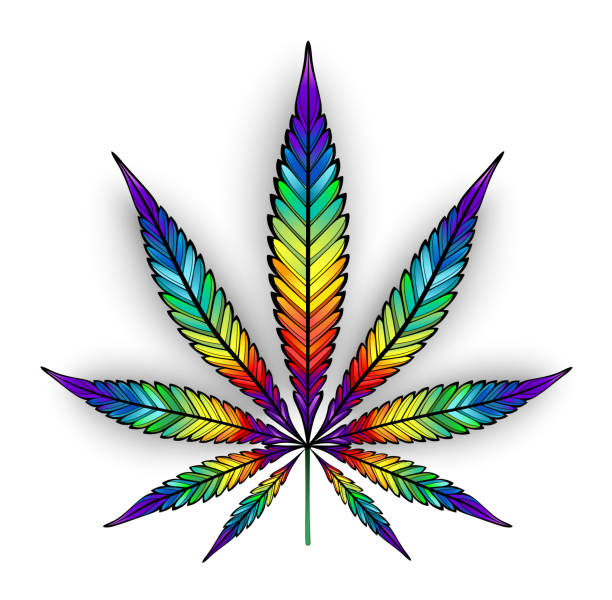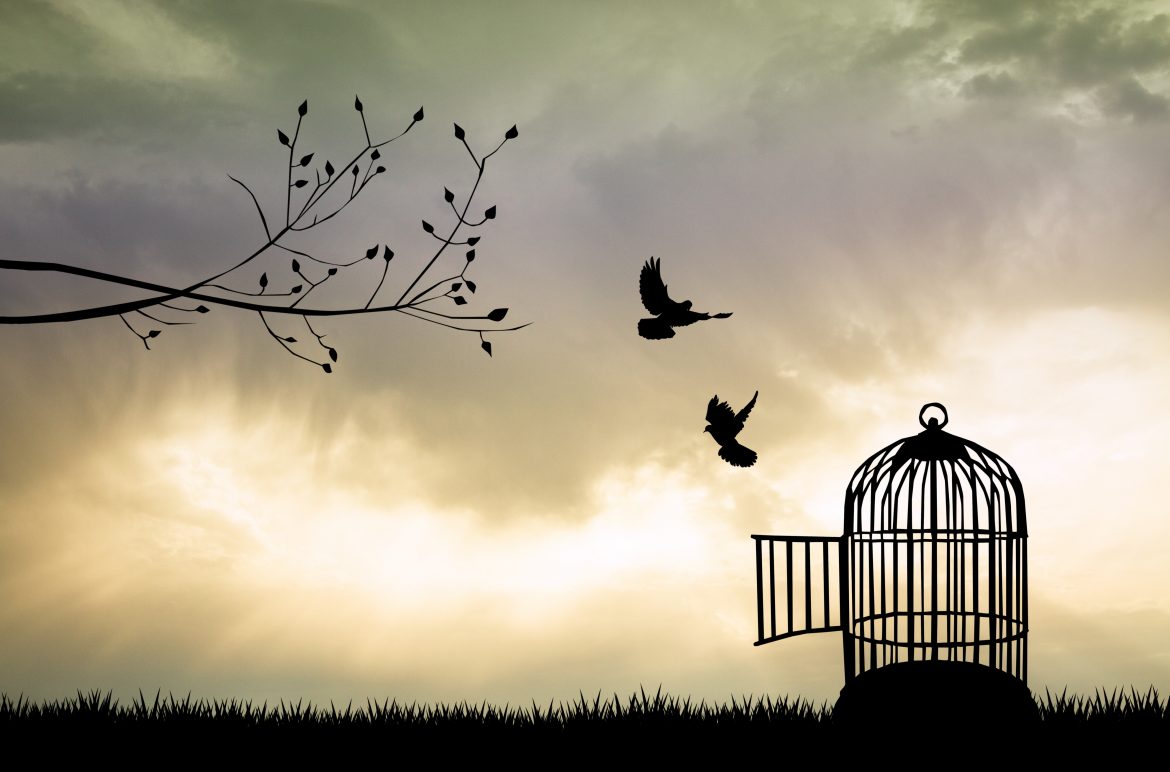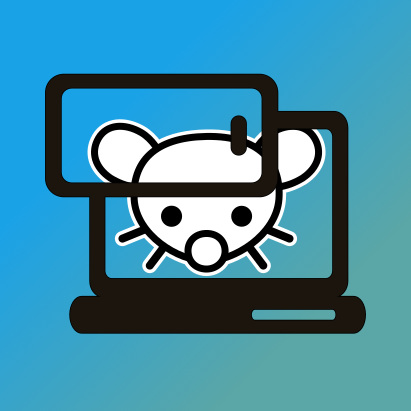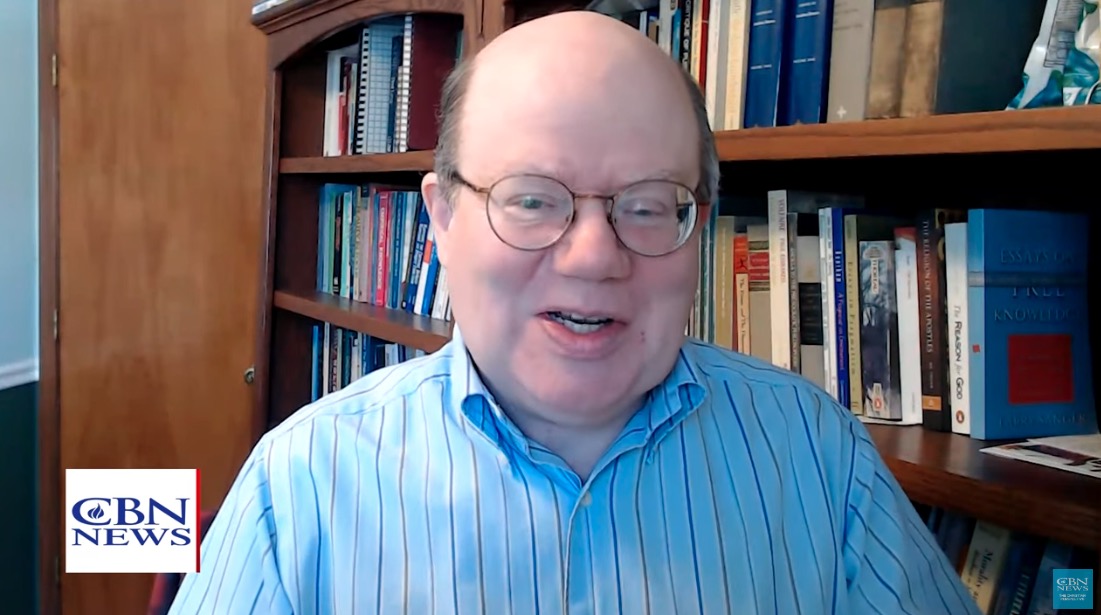

Oh okay, gotcha. I agree with everything you said, especially legalizing drugs, except this:
the evidence behind marijuanas medicinal benefit is shaky at best
At correct doses… (that’s the kicker) https://www.webmd.com/a-to-z-guides/medical-marijuana-faq
We have literally seen kids to adults during epileptic attacks be made to take cannabis, with massive, visible reduction in their seizures shortly after; no other natural substance can do this so fast of which I know.
The typical ∆8-/∆9-THC strains can also significantly boost appetite for people struggling with theirs. They strongly increase pain tolerance. They aid sleep (or they stimulate if taken in microdoses). They shut down anxiety (again, at correct, small doses, such as likely not when smoked—which is the absolute worst way to take it, or anything else for that matter).
I guess my point is that we know the harm that it causes already. There are specific fenceposts by which people should abide:
- Pregnant women should do their best to never use it, obviously.
- Unless dealing with a severe medical condition or emergency (like seizures), no one under the age of 25 should experience marijuana, due to addiction risk, psychosis risk, and the potential for permanent brain damage (even if minor; we could even argue for age 32-34 since that’s really when the brain has truly finished developing).
- Doses should be small and measurable, such as through edibles, oils, or maybe vaping—never smoking, ever.
- It should not be taken recreationally; as a mind-altering substance, it should only be taken at home, ideally in the evening when one’s tasks are done, and if there is a reason: the user is sick; or fatigued and has been battling insomnia and needs to ensure good sleep for a heavy, upcoming morning; or has experienced literal, physical pain; or is in the stress of a panic attack. Boredom is not a reason!
- It is not a solution for anxiety because even when dosed correctly, it only blocks anxiety for the duration of the high, so it’s just a Band-Aid; a permanent reduction needs to come from something more overarching, like potentially PMR (progressive muscle relaxation) or something else, like possibly psilocybin, depending on the circumstances.
- Usage should always be tracked strictly, IMHO.
There’s a whole ton of literature to back this all up which is why I think examining its problems is sort of spinning wheels. Compare that to the fact that it can prevent people from digging into heroin, etc. and I’d go with this stuff any day.
it’s a miracle drug that cures everything and makes life better in every way.
A little off-topic but just for readers’ information here: the miracle material out there is probably actually infrared light. I’m convinced that if God exists, He/It emits pure infrared light; even NASA uses red light panels to heal its astronauts’ wounds faster: https://my.clevelandclinic.org/health/articles/22114-red-light-therapy
As for a miracle drug in the realm of mind-altering substances, it’s probably psilocybin (or really psilocin if one wants to get technical): one single, well-designed trip can annihilate perfectionism or obsessions (and thereby depression or anxiety resulting from any such mental ruts): https://en.wikipedia.org/wiki/Psilocybin_therapy
And none of these are any more addictive than sugar, as far as I know from all the research that has been poured into them—certainly not worse than alcohol or nicotine.
Sincerely,
A teetotaler















Rather, why are you unable to define it for yourself? It’s not that hard. Helping things towards balance (like helping any angry, sad, or greedy person to be less so, etc., or trying to heal a physical or emotional wound as appropriate) is a fine start.